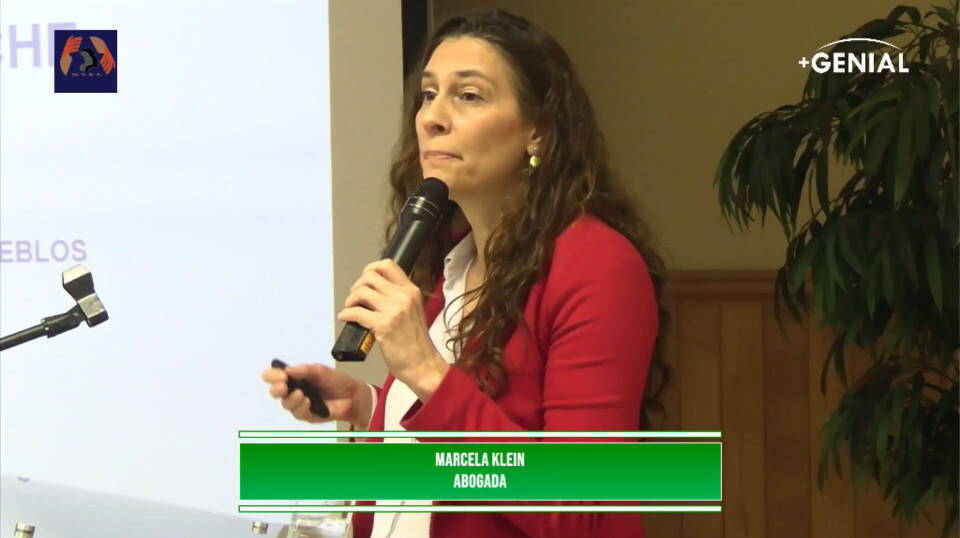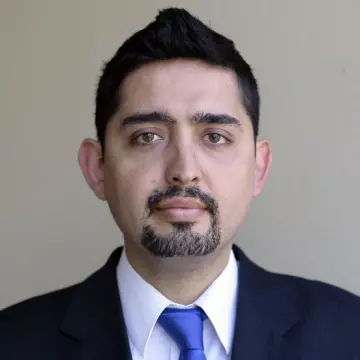
Attorney slams Chilean indigenous groups’ tactic to block salmon farming
Law that grants resource rights is being misused
The growth of salmon farming and other economic activities in some parts of Chile is being paralysed by indigenous communities that make consecutive applications for control of coastal areas to prevent development, a meeting has heard.
The discussion, “Challenges and opportunities of the regulation of the salmon industry: Aquaculture Law and Lafkenche Law”, was organised by workers in the salmon sector.
The Lafkenche Law grants limited resource access rights to all coastal indigenous communities, in designated portions of Chile’s coastal areas, for traditional uses including harvesting practices.
Thousands of hectares
Under the law, communities can apply for Coastal Marine Spaces for Native Peoples (Espacios Costeros Marítimos de Pueblos Originarios, or ECMPO), which they would manage. Some communities comprising just a handful of people have applied for control of thousands of hectares, and development can’t take place in those areas until the application is decided.
Lawyer Marcela Klein spoke to the meeting about the changes required in the Lafkenche Law and questioned how a single community is going to manage such a large territorial space, as occurred with the ECMPO Península Muñoz Gamero, where 320,000 hectares were requested, affecting aquaculture. This application was rejected by the Regional Coastal Edge Use Commission (CRUBC) of Magallanes.
“It is a well-intentioned regulation but in practice it is bad,” said Klein, while criticising the “cycling” that some indigenous communities are doing to paralyze economic activity such as salmon farming, by submitting one ECMPO application after another. “This must be changed urgently,” said the lawyer.
Klein explained that the Lafkenche Law grants positive discrimination in favour of indigenous communities, paralysing applications other than the ECMPO in the area, and for other activities to operate in that place, it must be in the administration plan for the ECMPO, which does not always occur.
7.3-year processing time
“The processing of ECMPO applications should not take more than one year, and on average, it extends for 7.3 years, no investment can cope with this,” she warned, adding that after analysing reports by Conadi, a government body that facilitates ECMPO applications, “the arguments for granting ECMPO, if compared with the conclusions, do not fit”.
Klein said the real customary use for ECMPOs is not always justified. “There are fewer applications, but more hectares requested.” There are 387 procedures in the Los Lagos Region, 109 in Magallanes, and 15 in Los Ríos, where salmon farming operates.
Klein’s proposed solutions are the creation of Preferred Areas where ECMPOs cannot be requested, the formation of an economic unit around the maritime concession so as not to affect renewals, and the expiration of the ECMPO if it is not used.
























































